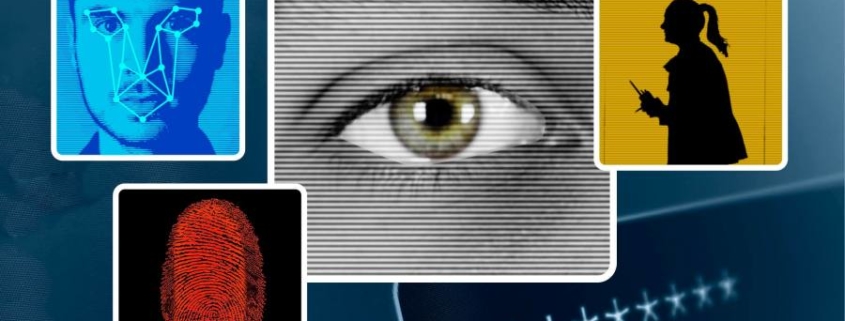The start-ups trying to kill the password
The start-up that attracted the largest investment in the history of cyber security, of more than half a billion dollars, has a simple mission: it wants to kill the password.
With the average person now having to remember between 70 and 80 passwords, Boston-based Transmit Security believes there is a better way of logging in to websites and applications, given the ubiquity of smartphones and computers with facial recognition or fingerprint reading technology.
“That is what has changed in the market that just was not true a year ago, two years ago,” said Rakesh Loonkar, president and co-founder of Transmit, which raised $543m from investors in June.
The need to replace the easily forgotten and highly hackable strings of letters and numbers that we use to access everyday life has become even more urgent with the shift to remote working, and a surge in password-related hacks, such as the freezing of the Colonial Pipeline that caused fuel shortages across America’s East Coast earlier this year.
Last year the World Economic Forum seized on the pandemic to call for a “passwordless future”, arguing that it “vastly improves a company’s security by reducing the overall attack surface and eliminating compromised credential risk”.
As a result, the race to replace the password is under way, with biometric-based security emerging as one of the most sought-after solutions.
“I think that the vast majority of consumer services will offer passwordless login systems in the next couple of years,” said Andrew Shikiar, executive of the Fast Identity Online alliance, or Fido, a coalition of more than 250 companies including Google and Microsoft, which promotes a standard system of passwordless authentication.
“If done correctly and safely in a compliant manner, biometrics are really [helping us] move to a passwordless future in a rapid manner. There’s a lot of innovation . . . and a lot of investment in the space.”
‘12345’
Despite the spread of password management software that can generate and…

